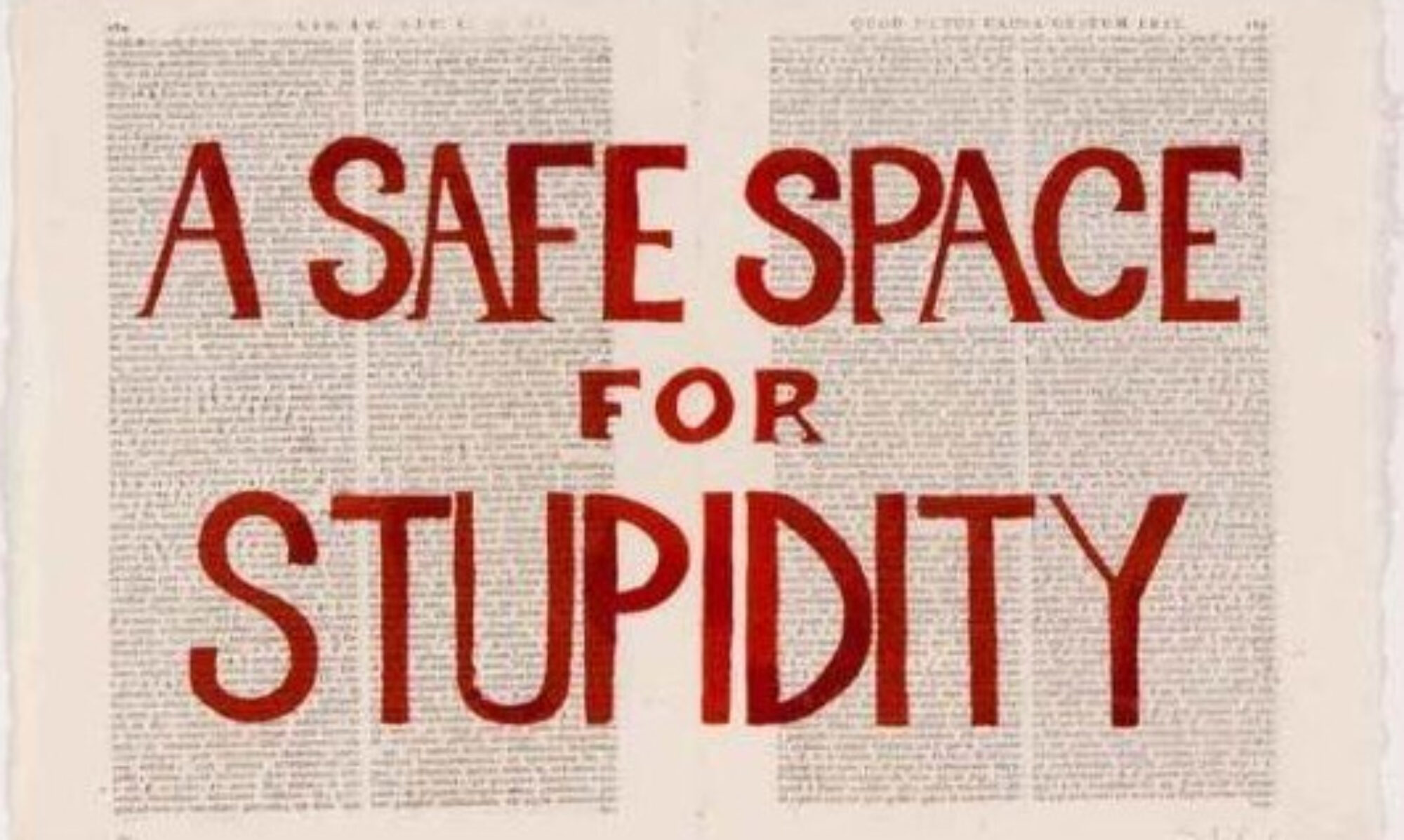A new translation of Gramsci’s The events of 2–3 December (1919), L’ordine nuovo, 6-13 December 1919.
Petit bourgeois
The events of 2–3 December are a final episode of the class struggle. The struggle was not between proletarians and capitalists (this struggle develops organically, as a struggle for wages and hours and as a tenacious and patient labour for the creation of an apparatus of government of production and of the masses of men who might replace the present apparatus of the bourgeois state); it was between proletarians and small and middling bourgeois. The struggle was, in the final analysis, for the defence of the liberal democratic state, for the liberation of the liberal democratic state from the confinement in which it is held prisoner by a part of the bourgeois class, the worst, the vilest, the most useless, the most parasitic: the small and medium bourgeoisie, the “intellectual” bourgeois (“intellectual” because in possession, through a simple and cursory career in middle school, of low and middle certificates of general study), the bourgeoisie of father-son public functionaries, shopkeepers, small industrial and agricultural proprietors, businessmen in the city, usurers in the country. This struggle developed in the only form in which it could develop: disorderly, tumultuous, with a raid in the streets and the squares with the aim of freeing the streets and the squares of an invasion of putrid and voracious locusts. But this struggle, be it indirectly, was connected to another struggle, to the higher class struggle between proletarians and capitalists: the small and medium bourgeois is in fact the barrier of corrupt, dissolute, putrefying humanity with which capitalism defends its economic and political power, servile, abject humanity, humanity of goons and lackeys, today become the “boss servant” which wants to take from production a larger slice not only of the salary earned by the working class, but of the same slice taken by the capitalists; to expel it from the social field, as a swarm of locusts is expelled from a half destroyed field, with fire and iron, means freeing the national apparatus of production and exchange of a leaden bridle which suffocates it and stops it functioning, means purifying the social environment and finding oneself against the specific adversary: the class of capitalist owners of the means of production and exchange.
Continue reading “Gramsci: The events of 2–3 December (1919)”
